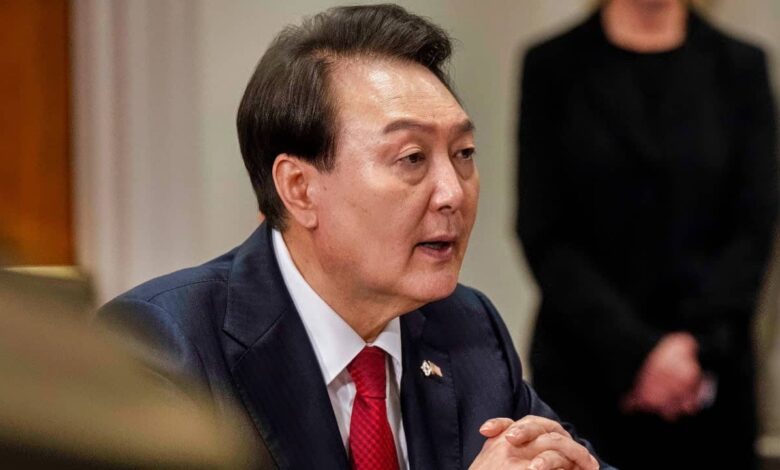
South Korea’s impeached former leader, Yoon Suk Yeol, has flatly rejected accusations of rebellion as his criminal trial opened. In hearings at Seoul Central District Court on Monday, Yoon countered that his declaration of martial law in December wasn’t a coup d’état. The potential consequences are enormous; he can be sentenced to life imprisonment or even death upon conviction.
Yoon was officially removed from presidency last week after impeachment and suspension by parliament members for his contested December 3 martial law decree. Prosecutors opened their case by contending that Yoon had no ground in law on which to announce martial law and charged him with attempting to paralyze state organs, including the parliament.
“The defendant made impossible the exercise of the power of constitutional institutions in the form of an illegal declaration,” the prosecution claimed.
The nation’s former head prosecutor, Yoon, took roughly 40 minutes to reject the accusation made against him. “Martial law is not a coup d’état,” he announced, stating further that he did not intend to destabilize the government but that he wanted to alert the public to the actions of the opposition party, which was slowing down the government by impeaching over 20 officials.
“This was a peaceful ‘message martial law’ to the nation. I was hoping that this martial law would be withdrawn in half a day, one day at most,” he explained. Yoon further claimed that he had instructed his plans to former Minister of National Defense Kim Yong-hyun, suggesting military officials misinterpreted the order since they were educated based on other guidelines.
The martial law declaration, justified in terms of the elimination of “antistate” elements, was lifted only six hours later after parliament staff employed barricades and fire extinguishers to prevent special operations forces from entering the assembly where legislators voted down the martial law.
The court will hear the testimonies of two military generals who were called by prosecutors, one of whom testified that he was ordered by the top commanders to forcibly remove legislators from the National Assembly for the sole purpose of suspending martial rule. Yoon has denied these claims.
Legal experts predict that the trial of Yoon will be long, with the first verdict possibly coming out in August. The case involves around 70,000 pages of evidence and several witnesses, so there is a chance of a prolonged length for the trial.
Yoon would be the third commander-in-chief to be convicted of an insurrection in connection with a 1979 coup, a shift in South Korean political history. While there is a threat of a death penalty, analysts note that it is unlikely to be executed, given the country’s de facto ban on death penalties since 1997.



